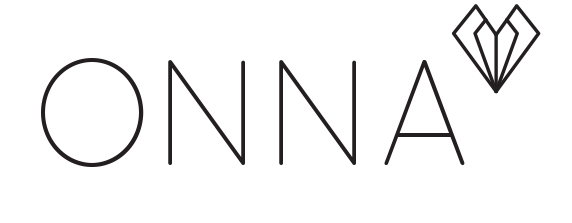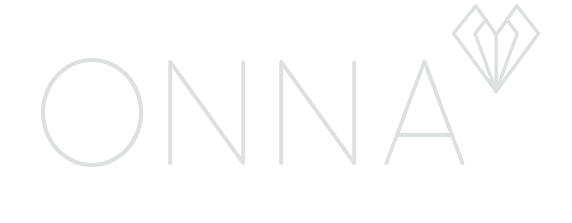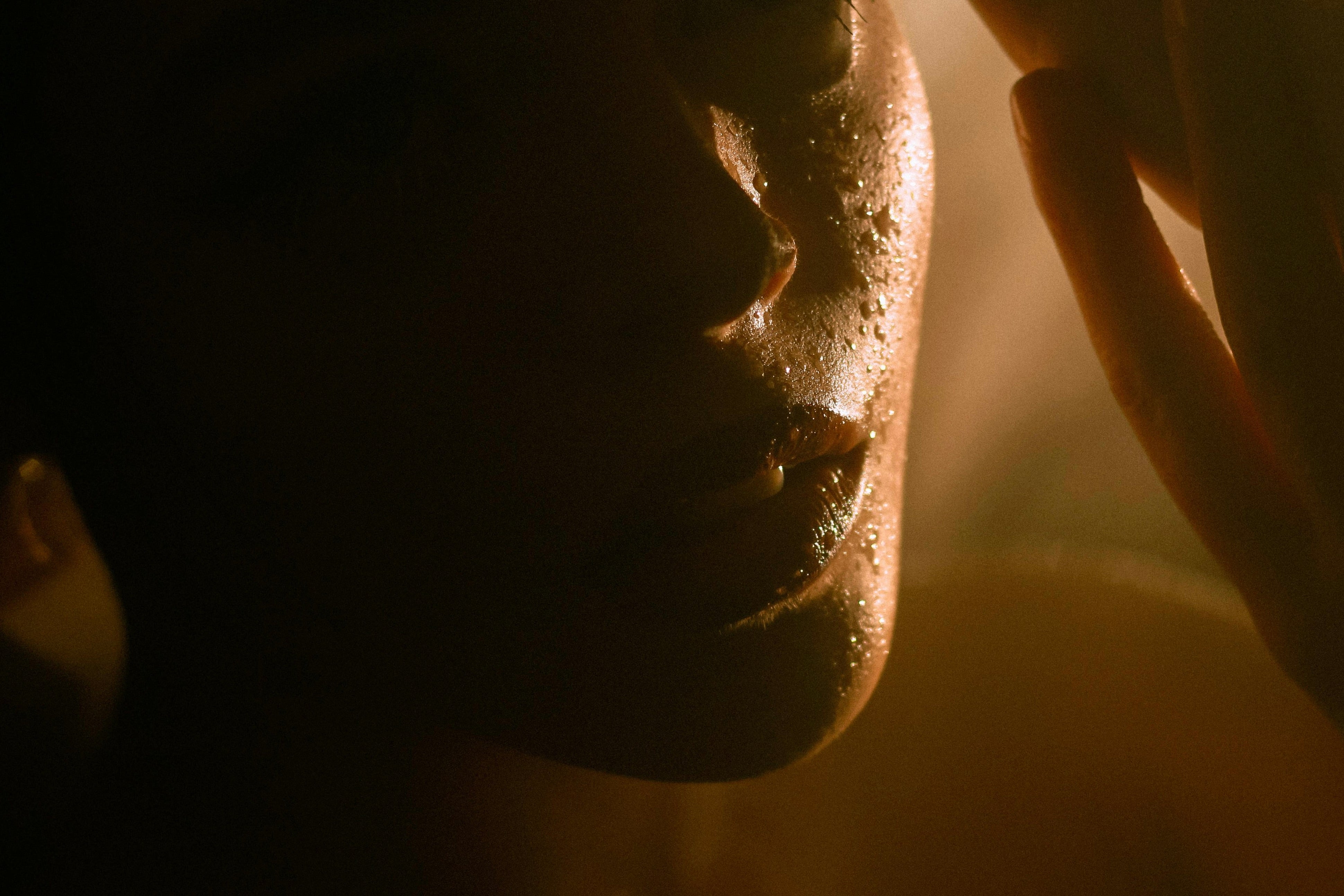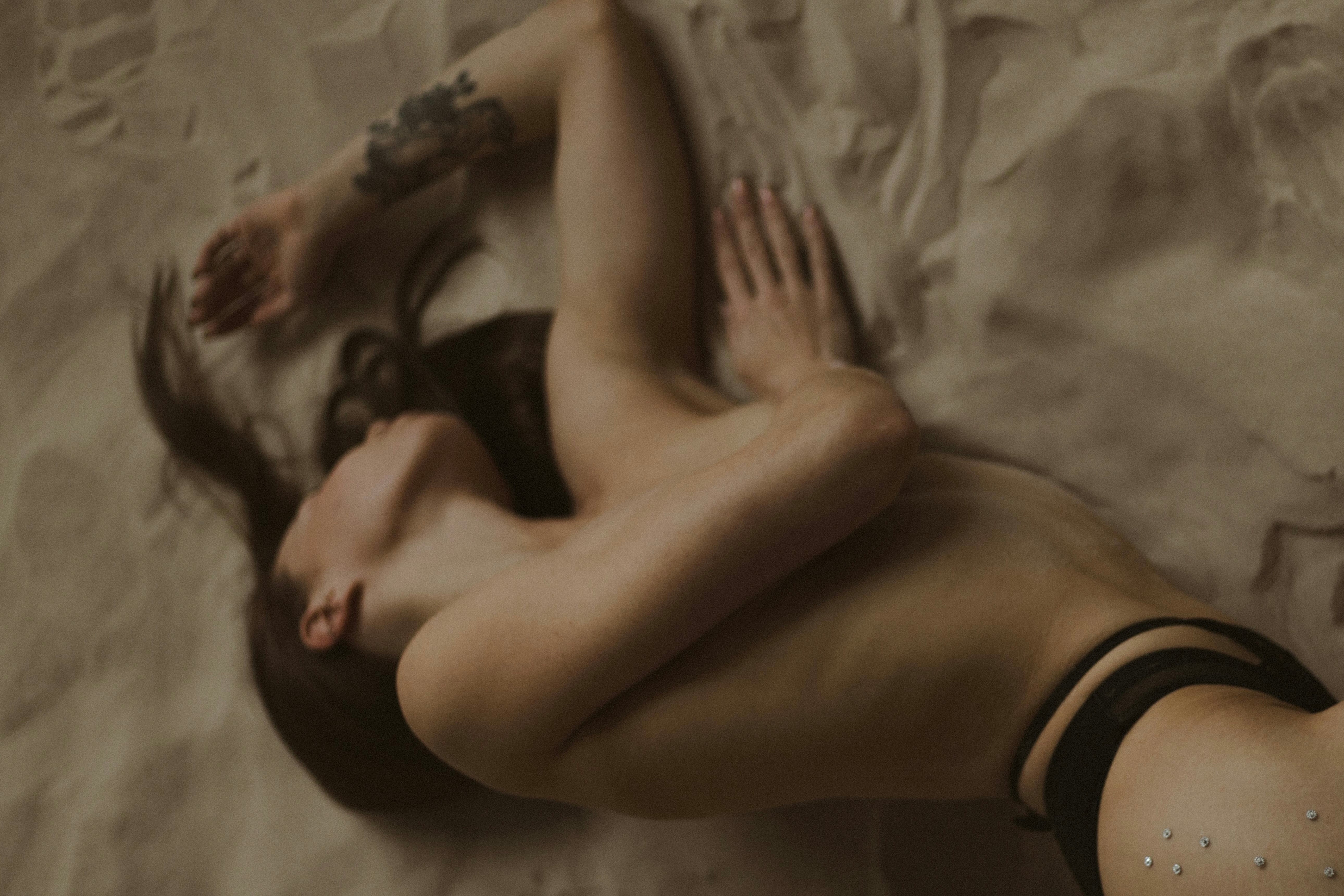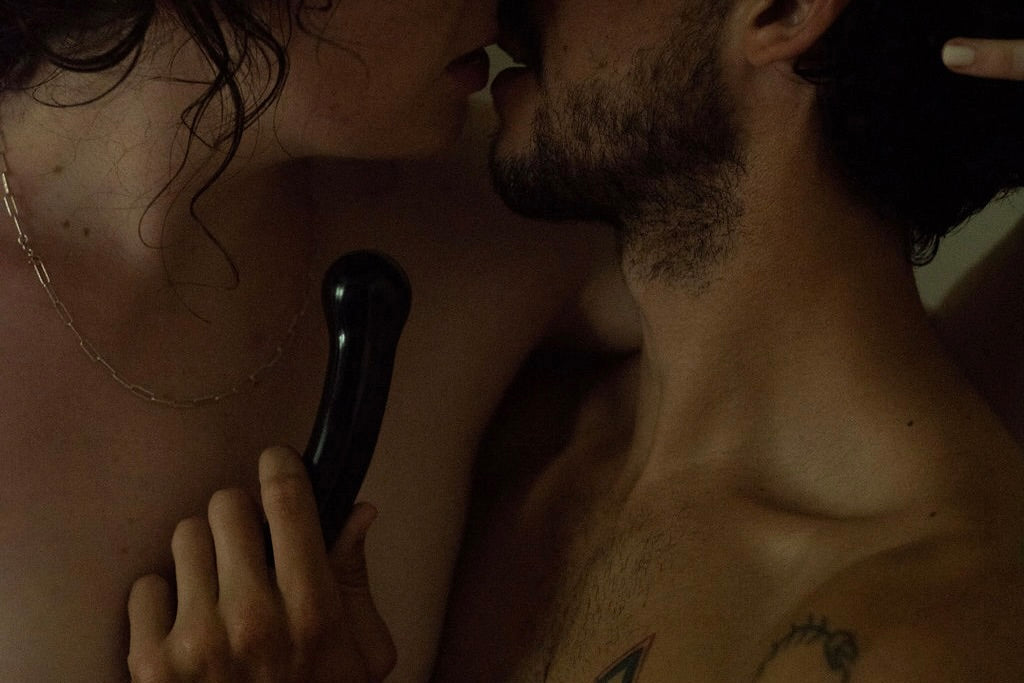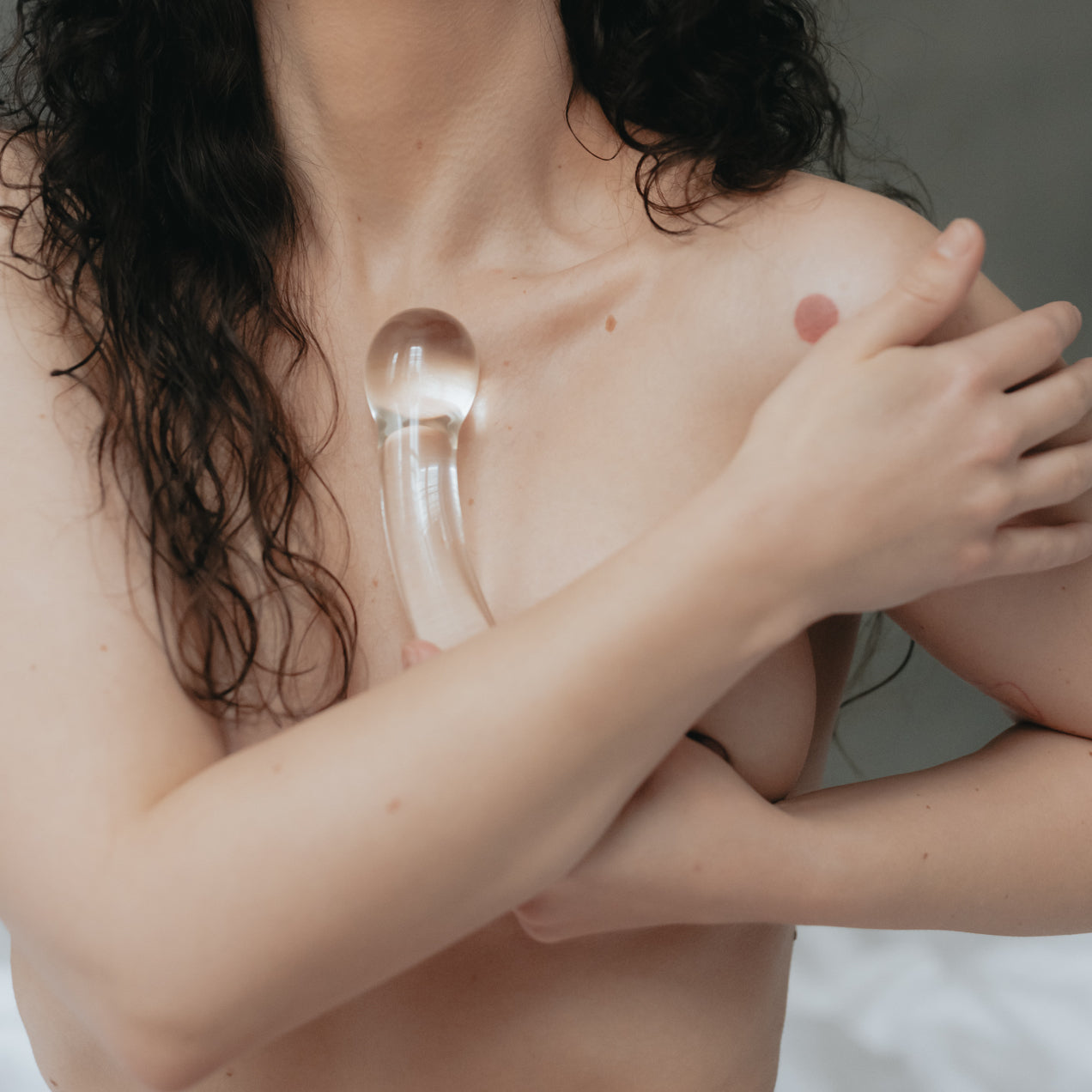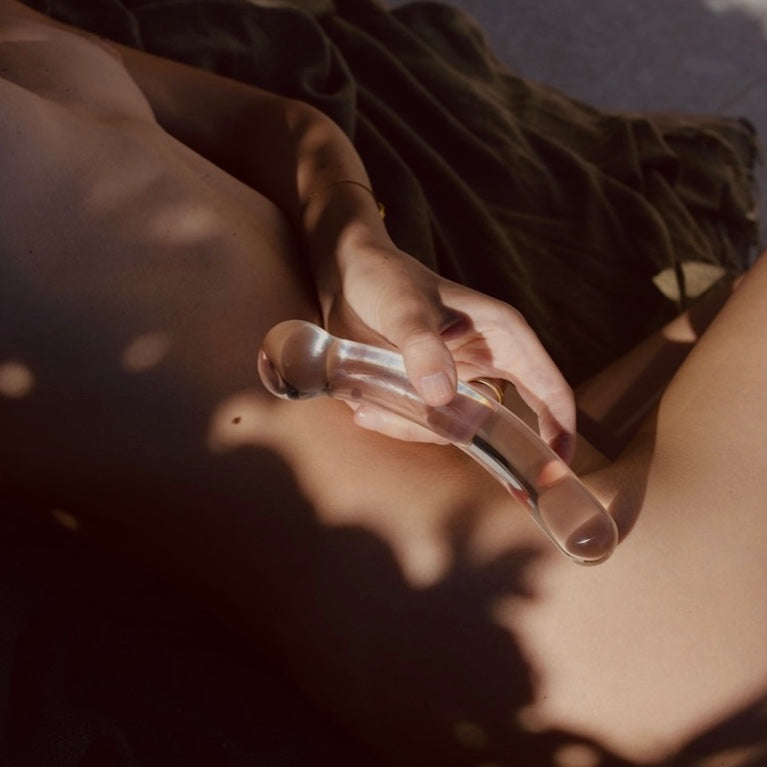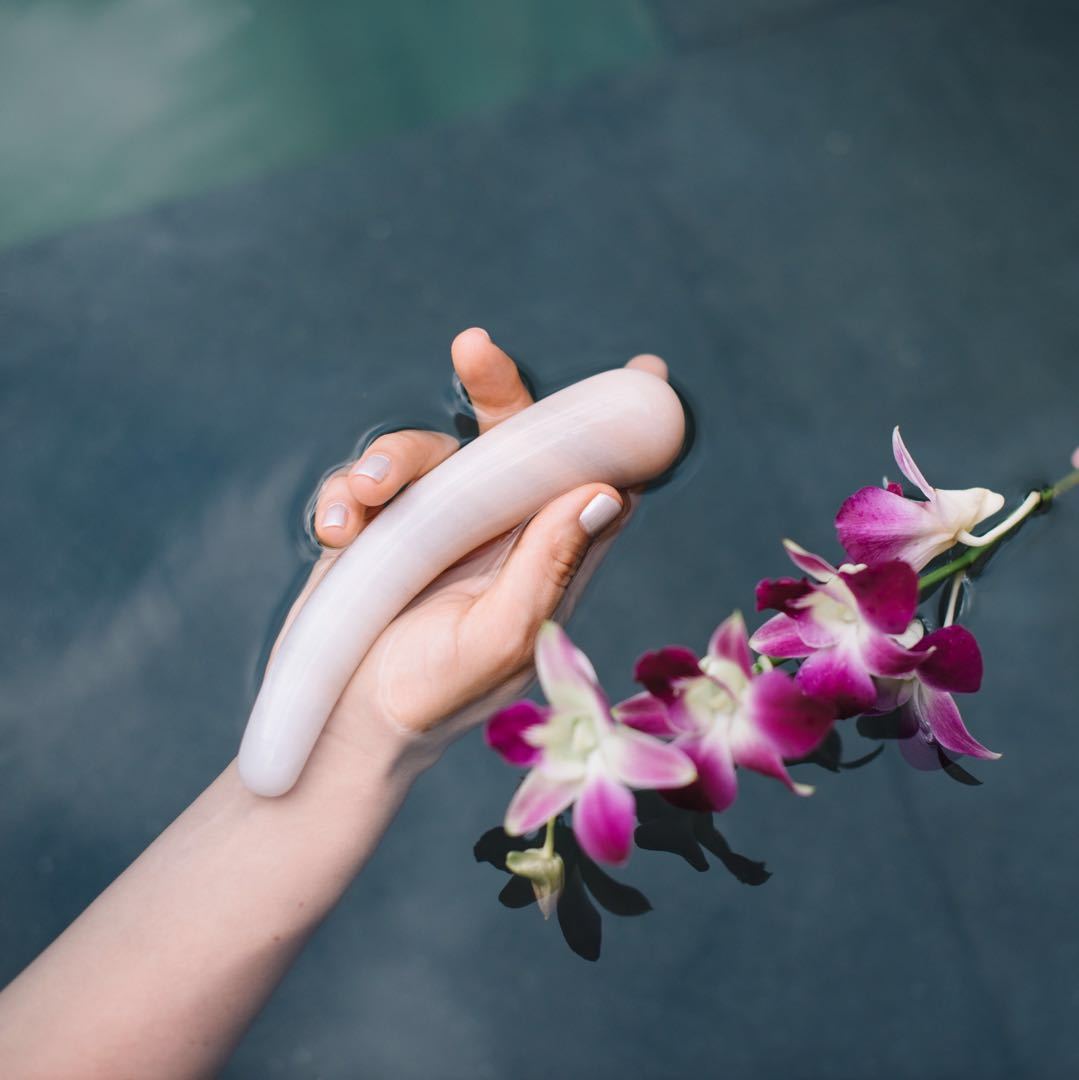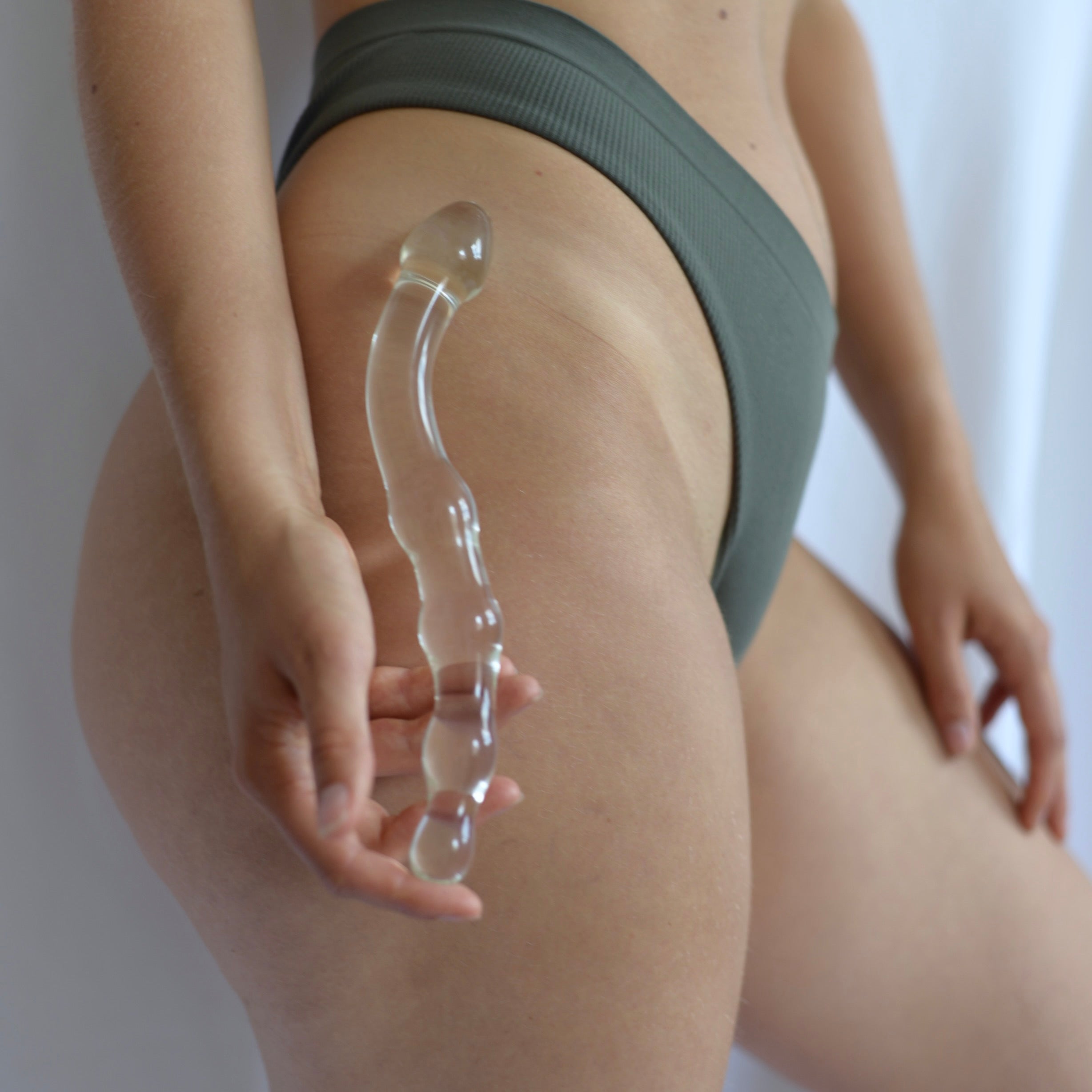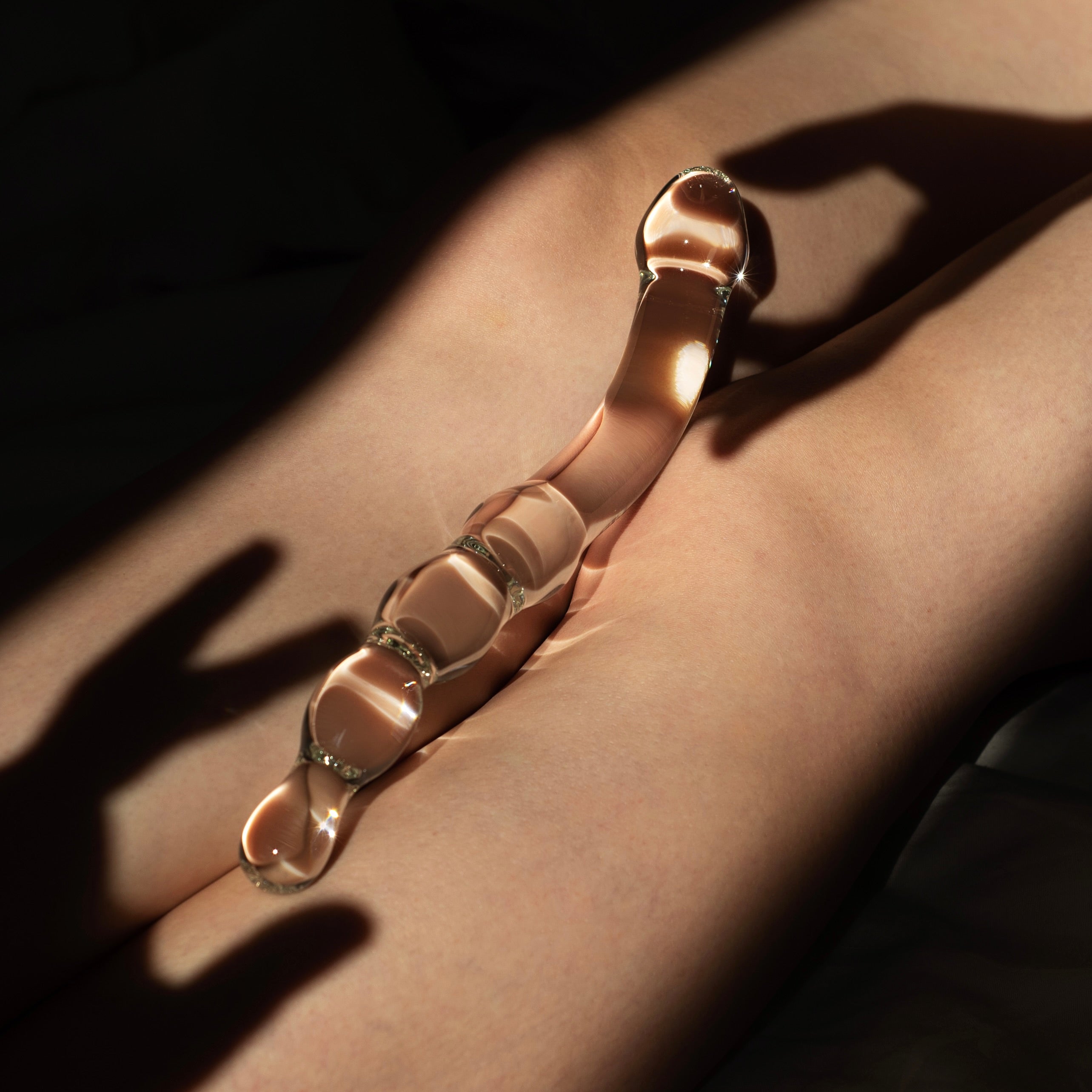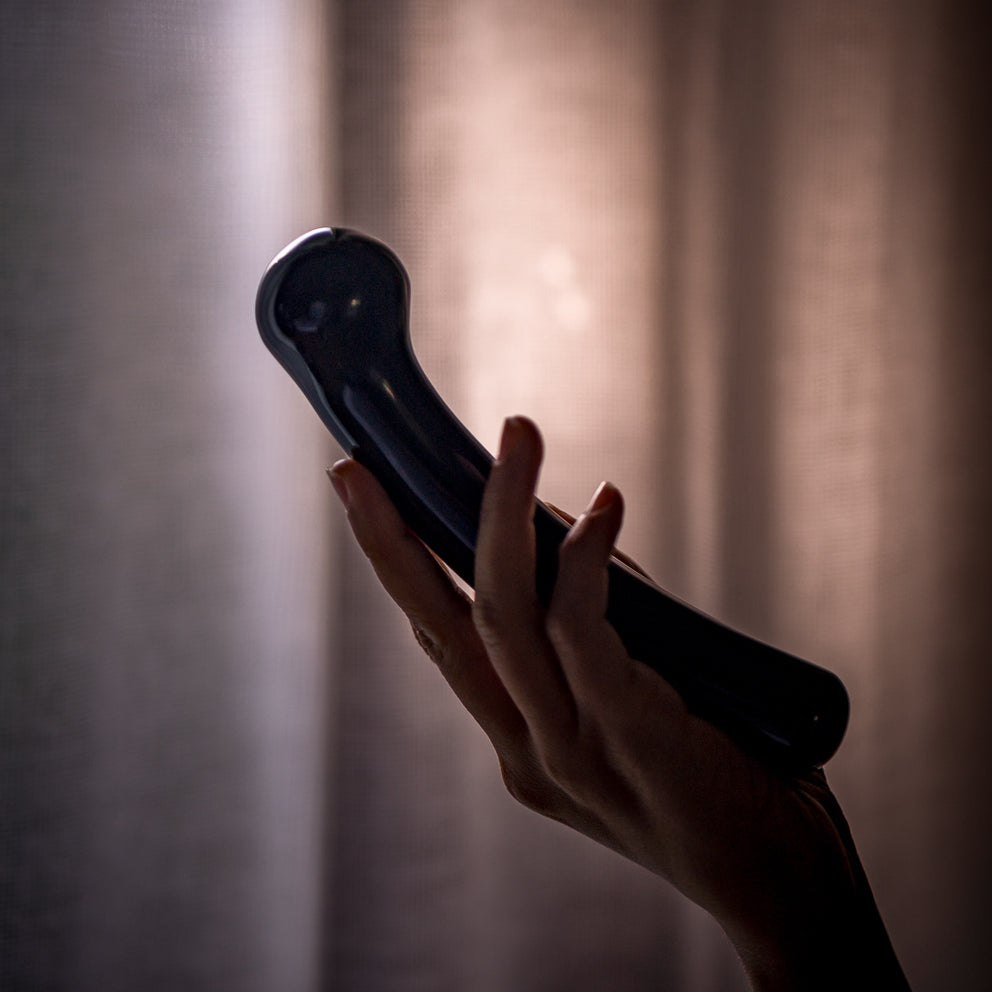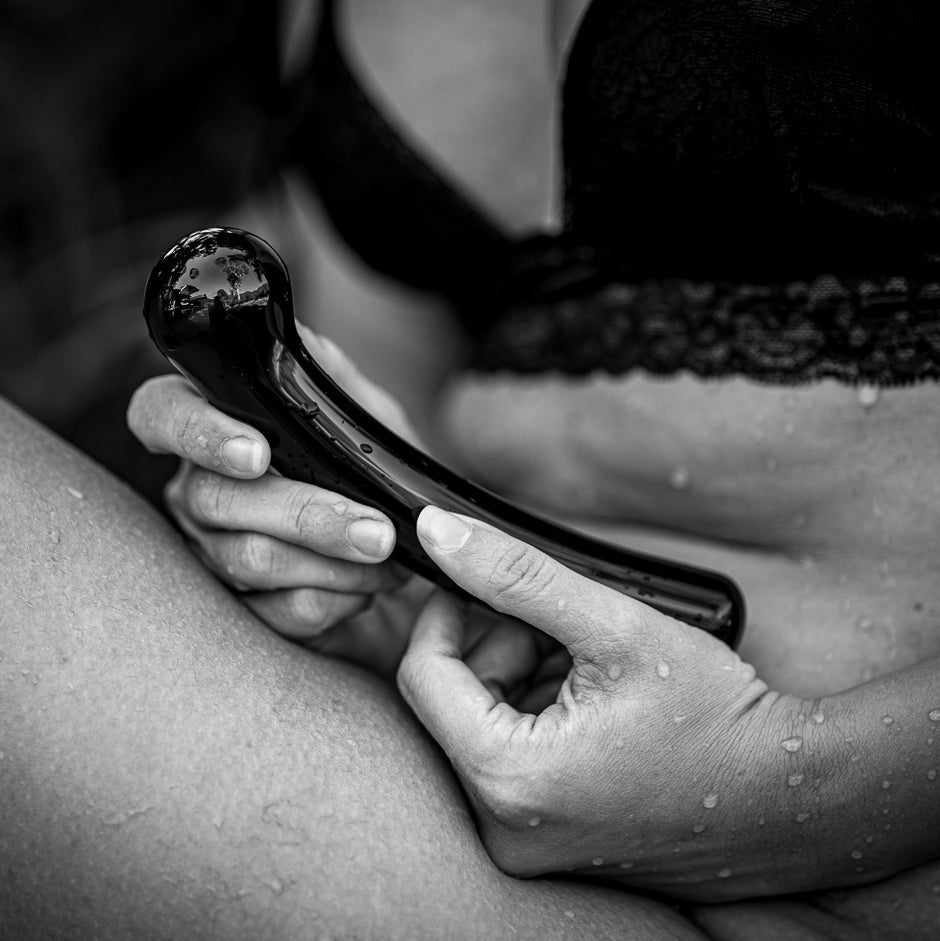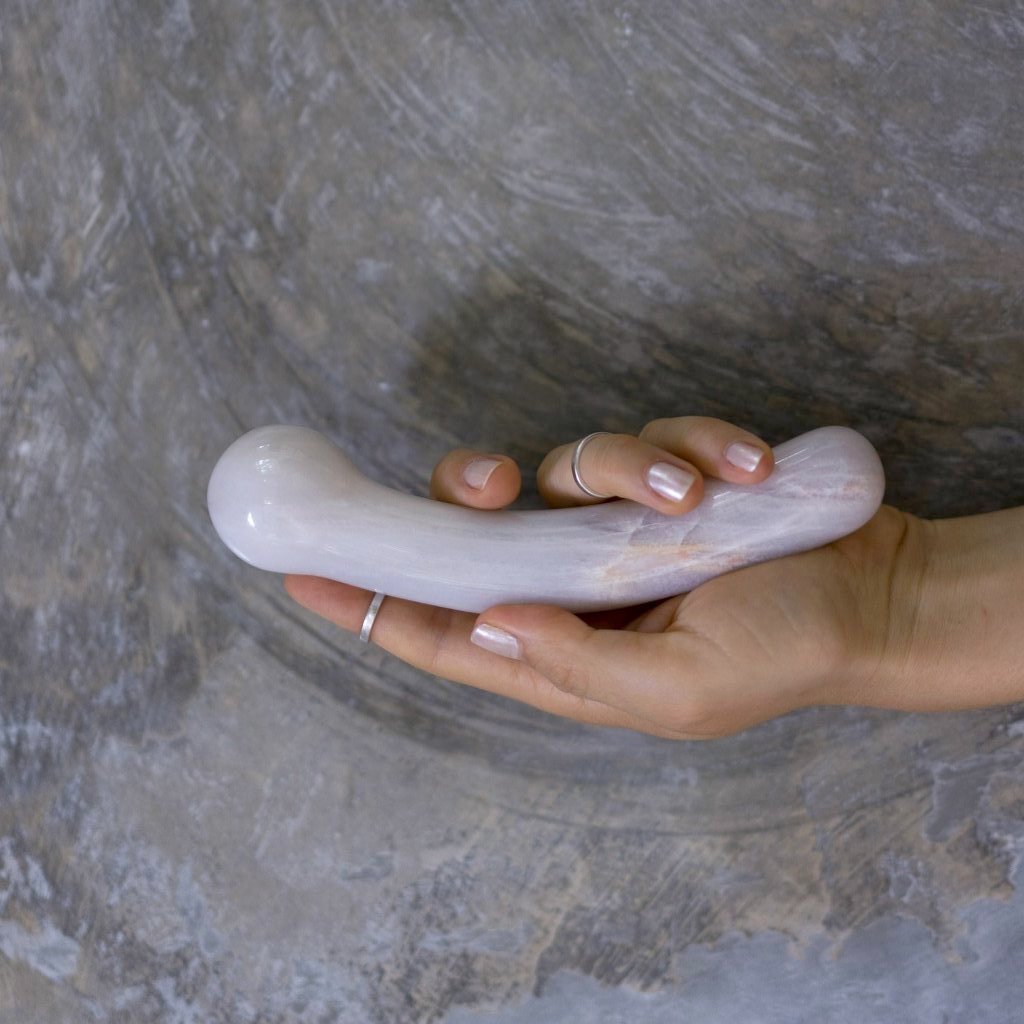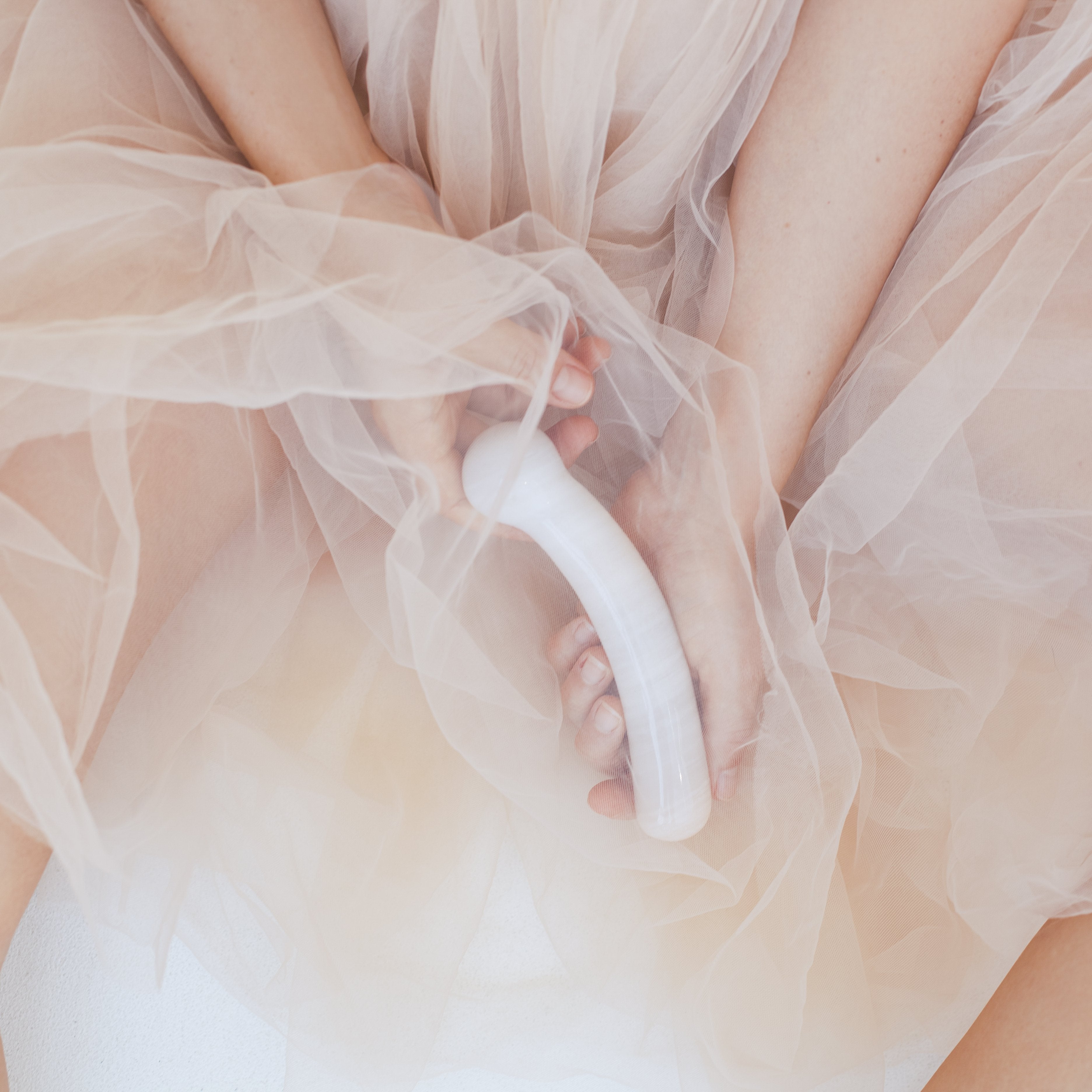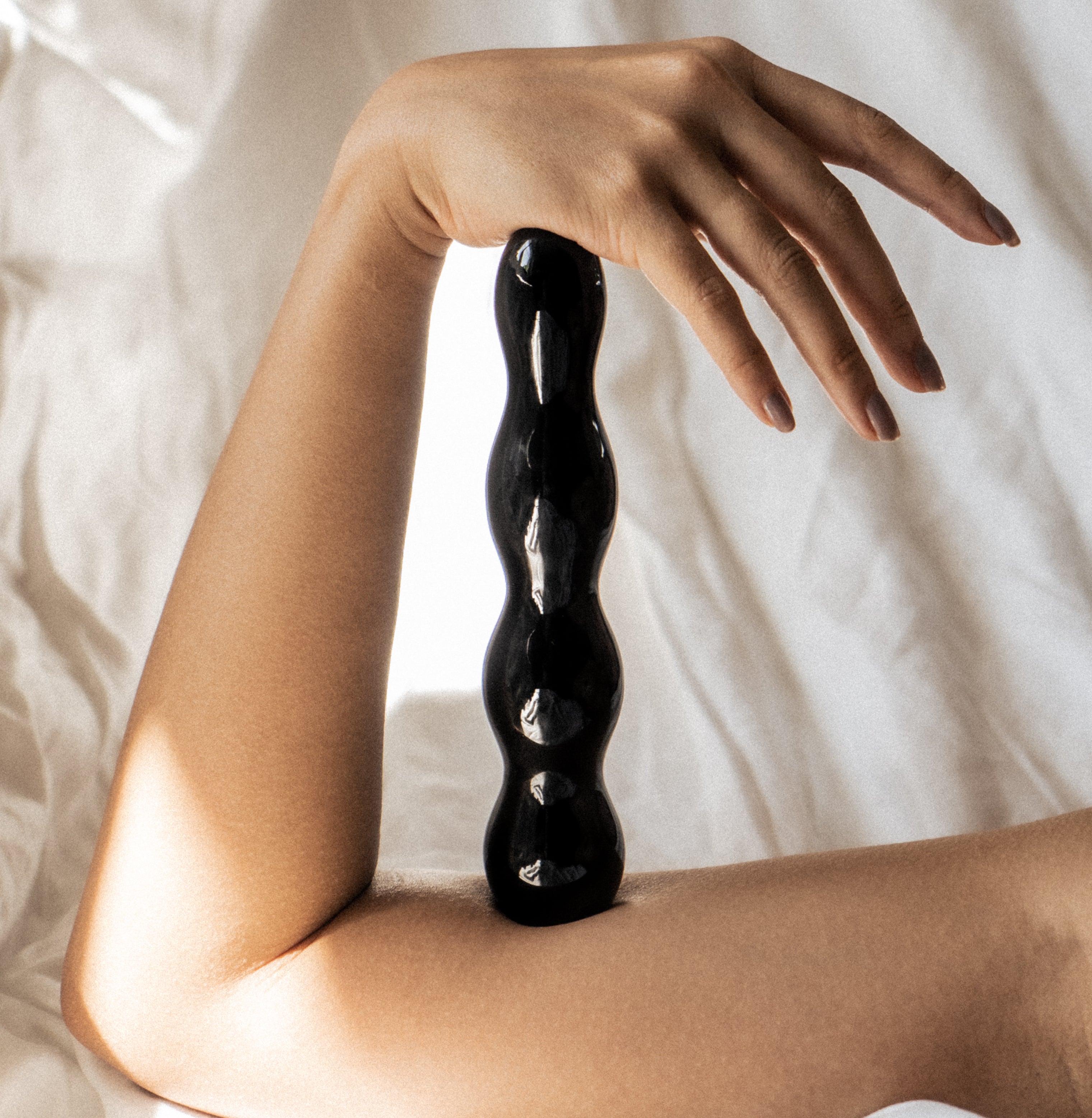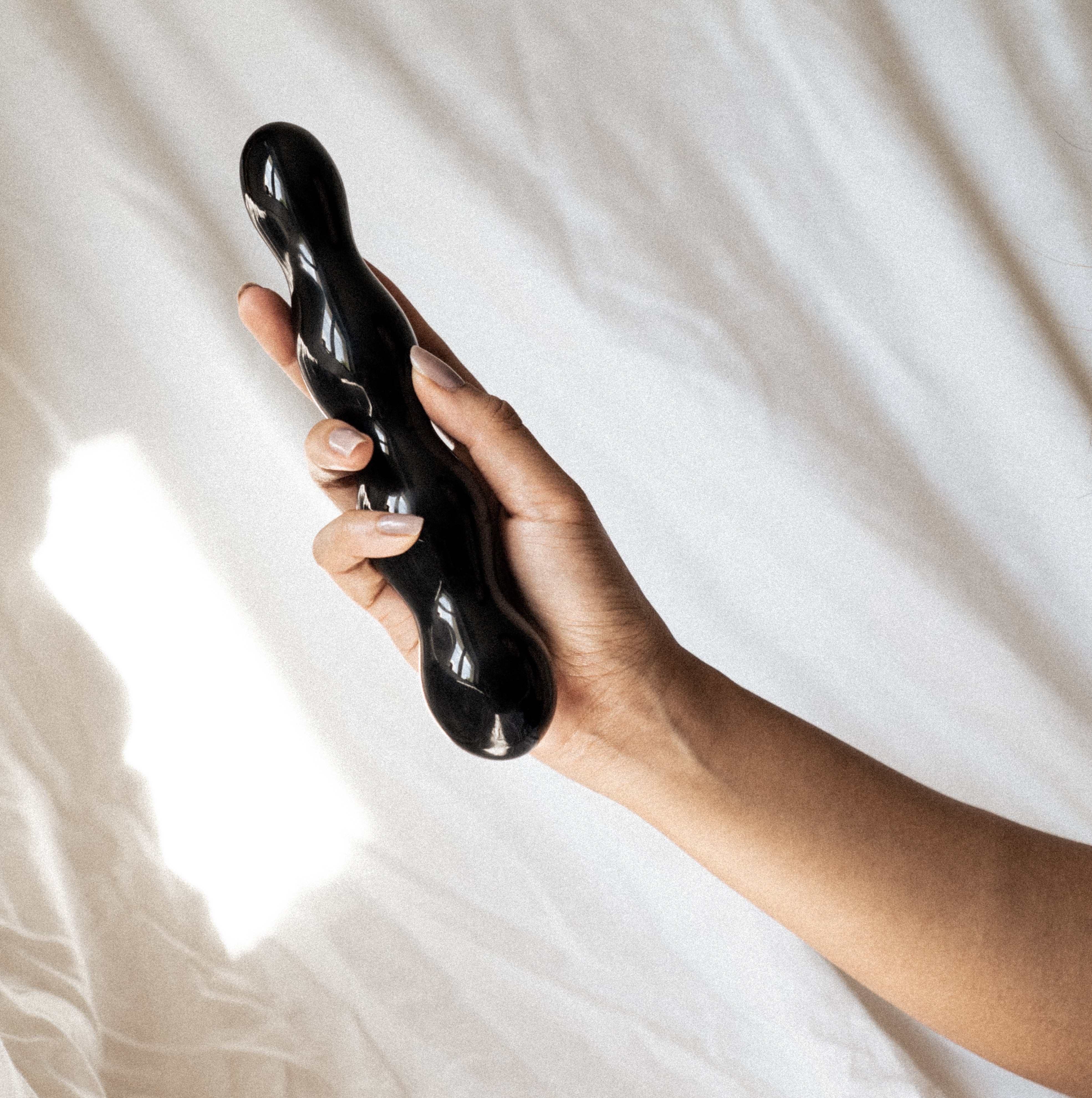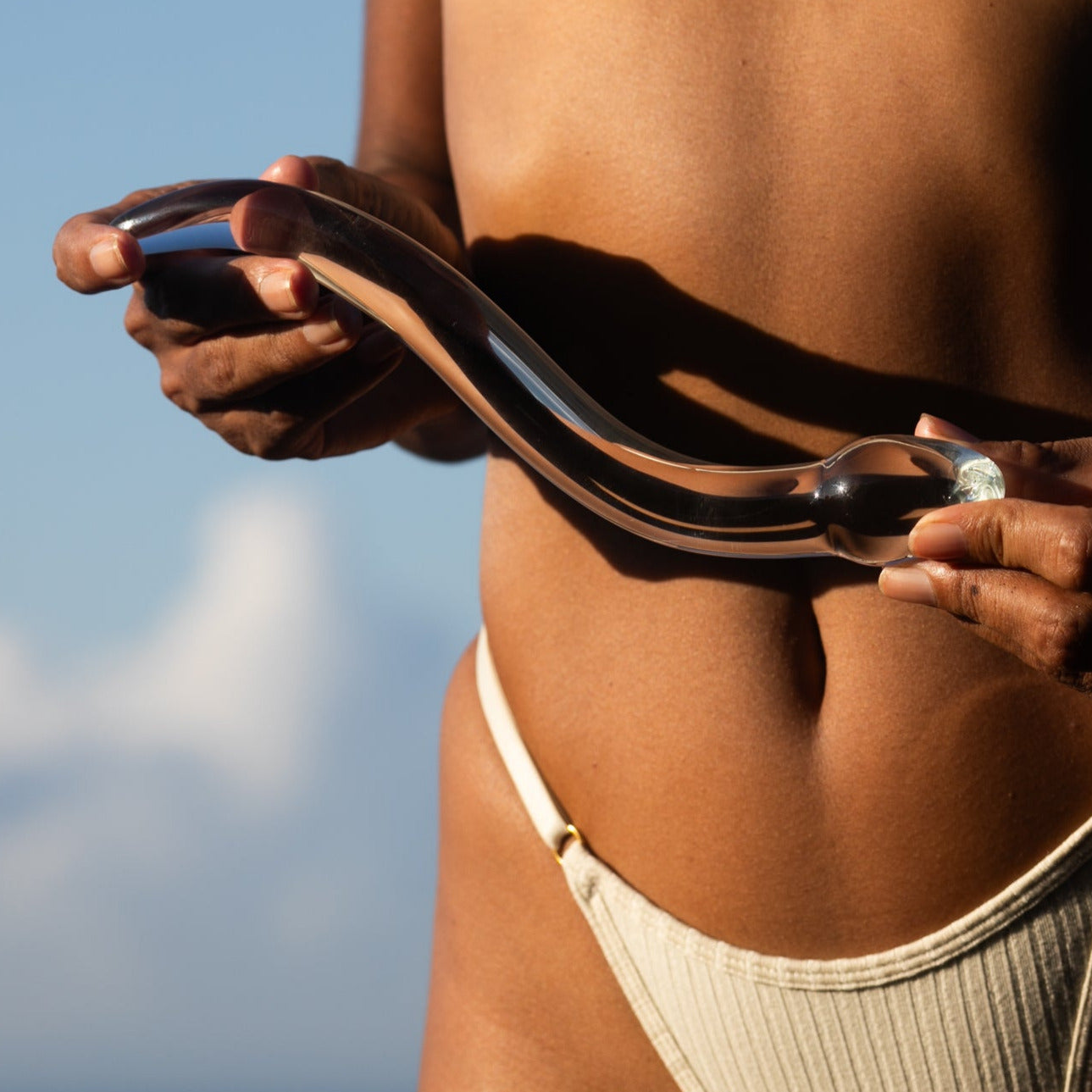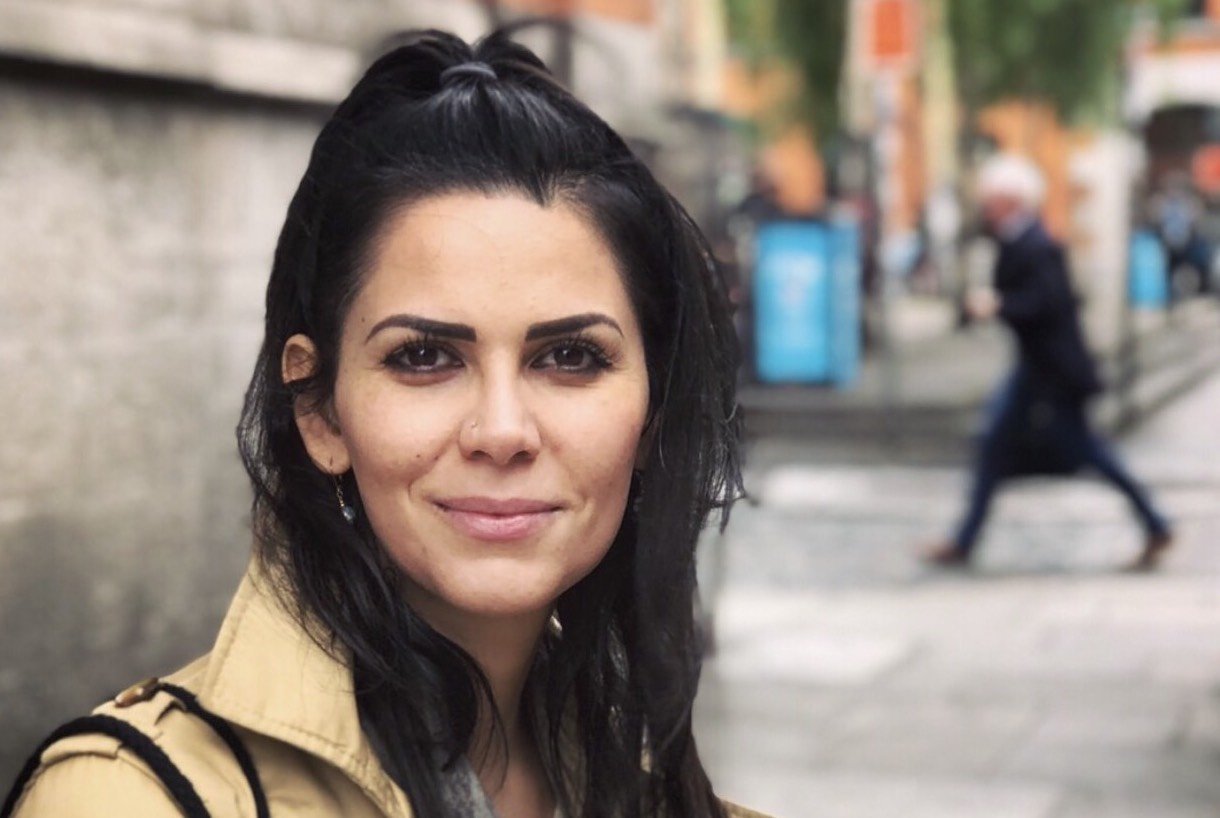
Interview with relationship coach Silvy Khoucasian

Silvy has had a long-running love affair with helping struggling couples create real connection. She has a Master’s Degree in Psychology (Marriage & Family Therapy). Growing up in the USA as a young immigrant from the Middle East, Silvy has always been fascinated by the critical role family cultures play in intimate relationships.
.....
We first noticed Silvy on Instagram, where she creates a lot of brilliant content centering on boundaries, attachment styles and vulnerability in triggered states. Her Instagram account is a great source of wonderful and practical tools that help couples manage conflicts.
Recently, we have had the honour to talk to Silvy about her work, her advice on challenges in cross-cultural relationships, attracting great relationships, her thoughts on online dating and more.

HOW DID YOU START WITH RELATIONSHIP COACHING AND WHAT INSPIRED YOU?
I didn’t grow up in a culture where getting outside help was normalised. I didn’t quite understand it. I don’t think I know one single couple that doesn’t fight and occasionally get stuck. I would often find myself getting deeply frustrated listening to people’s stories over and over again. But it wasn’t the listening itself that bothered me. It was the fact that there was never any kind of solution or framework for understanding the deeper layers of the problems available. I wanted to change that. I often wanted help for my own relationships but didn’t know how to go about getting it.
To me, getting outside help requires a lot of risk into the unknown. It requires being willing to suspend our views of the world momentarily while we are offered alternative ways of relating. I wanted to make that transition into the unknown as smooth and tolerable as I possibly could for people. Also, because I have now done many years of personal therapy and coaching myself, I felt like I understood the challenges and resistance people have on a deep level. I became inspired to help soften some of that resistance. That’s why my Instagram page was created. I wanted to reach people who may have otherwise never been open to relationship-oriented work or were really afraid of it. I wanted them to see that it’s not as bad as we make it out to be in our heads. I wanted to help them see that it can be extremely liberating.
YOU HAVE A MASTER'S DEGREE IN PSYCHOLOGY. WHAT MADE YOU DECIDE TO STUDY PSYCHOLOGY IN THE FIRST PLACE?
I was actually a pre-med student upon entering my undergrad education. I always kind of knew I wanted to be in the helping profession, but I didn’t quite have a clear vision of what that looked like yet. Shortly after school began, I realized that I was (terrible) at biology, terrible at chemistry, and terrible at physics. HA! Basically, I sucked at all the core subjects I needed to master in order to become a doctor. And the reality of it was that I hated those classes.
It was not my path. I realized soon after that I was more naturally drawn to psychology. I was mesmerized by human behavior. I also loved studying couples interactions and group dynamics.
I was also an actress for 7 years. Acting helped me reclaim many hidden parts of myself that I was dissociated from, but I became to soon hate the industry itself. I felt very disempowered in having healthy boundaries in that world. Pursuing my master's in psychology was the missing ingredient for me. Acting allowed me to spend time connecting with “parts” of myself, but I was still deeply disconnected from myself as a whole. The acting became a crutch for me to feel all the things I needed to feel but never actually as “myself.” What a strange thing. But of course, like most of us, I had to diverge from my path to really come back to it and appreciate it and be ready for it. I took a self-development workshop where I remember crying for the entire 5 days I was there. I had no masks on during that experience and was blown away that I could experience like in that way. I spent 2 years doing more intense workshops and leadership experiences and then began teaching it. I knew shortly knew after that I was ready for more professional training so that I could take my own clients through their own healing journey.
YOU WERE BORN IN SYRIA AND GREW UP IN THE US. YOU EXPERIENCED FIRSTHAND THE CHALLENGES OF LIVING BETWEEN TWO VERY DIFFERENT CULTURES AND HOW THEY CAN CREEP INTO INTIMATE RELATIONSHIPS. WHAT WOULD BE YOUR #1 ADVICE FOR CROSS-CULTURAL COUPLES?
The #1 biggest piece of advice I have is to learn to make space for differences. Learn to tolerate uncertainty and accept that certain parts of your perspective/s may never quite feel understood in the way that you want .. and that that’s okay! We live in a time in history where we have heavy expectations on our intimate partners. We want them to “get” us in every sense of the word. I think that can often be an unrealistic expectation. I think some parts of ourselves can stay a mystery to our partner and we can still have a loving and fulfilling relationship in that space. We can become an invitation for our partner to “learn” about our culture and the ways in which we were raised without expecting them to fully and tangibly “get” our experience. My partner will never be able to really “understand’ why I sometimes have polarized views on sexuality .. even if he wants to understand. And I have made peace with that.
I think there is an element of healthy grieving regarding the (implicit/hidden expectations) we have about our partner that they can’t always meet. Grieving our unhealthy expectations is extremely important in cross-cultural relationships especially. The roles that came with each partners past have to be deeply explored both, individually and as a couple. That helps couples begin to negotiate what traditions and roles are important to them, and which ones can be left behind.
WHAT DO YOU LOVE THE MOST ABOUT YOUR WORK?
I love that when I work with people, that there is so much beneath the surface that people would never know if they hadn’t done the work. People come to me with an obvious complaint, but what we discover through working together is something wildly different. That deeper digging work keeps me excited and optimistic about having possibility outsider of what our mind can conceive. I love the quote .. “We are never upset for the reason we think we are.”
That just softens my whole experience of love and relationships. It challenges our stubbornness and our righteousness .. when we are so convinced we “know” everything.
I love seeing a few words of vulnerability soften a lifetime of resistance. I love seeing someone care more about their partners hurt feelings than being right. I love seeing a couple lovingly part ways when it has become clear that their values are not aligned. I love seeing the willingness to fight for the relationship. I love seeing unhealthy patterns become the enemy, rather than the partners themselves. I love seeing partners remember why they chose each other, especially when life has become hard for them.
WHAT WOULD A DAY OF PLEASURE LOOK LIKE FOR YOU?
Pleasure to me is moving at a very slow and deliberate pace. Having a pleasure-filled day would be starting the morning with some kind of light movement practice, leading into a lavish American/Middle Eastern style breakfast.
I would then wander into a colorful farmers market and take in all the wonderful scents and the vast array of exquisite foods. As you can now probably tell, food is extremely sensual for me. It always has been. I can go into a deeply meditative and blissful state when I am tasting new flavors and eating in exotic locations.
In the afternoon, I would be in a bathhouse/spa where I would soak my worries away with no sense of deadlines, with no one pulling on my skirt-tail asking for my help.
In the evening, I would end the night with my partner eating at some hotel lounge, chatting with a few locals, and winding down to have some along time together to connect, relax, and be intimate.

IF YOU COULD GIVE JUST ONE ADVICE ON SEX, WHAT WOULD IT BE?
I think sex is such a personal journey. While it is so crucial to have the connection aspect with another person, I do believe that finding ways to create sensuality within ourselves is just as important - if not more.
Whether that is challenging unhealthy narratives, or spending time weekly on solo dates to fill ourselves up, or prioritizing doing the very things that boost our internal confidence.
I would invite each of us to fill up our own imaginations with what feels exciting to us and then sharing that over-flowing experience with those we feel safe to be intimate with.
I also think for women, in particular, doing whatever we need to do in order to unload our sense of “responsibility” is really helpful. Having pockets of space where we can let go of taking care of others, can be really helpful in creating rich and fulfilling intimate contexts.
YOUR BEST ADVICE ON HOW TO ATTRACT HIGH-QUALITY LOVE AND GREAT RELATIONSHIPS?
I think a big part of attracting healthy love is getting clear on what we really need in a partner, rather than just focusing on what we want. We can want an adventurous partner, but that really may not be the best “match” for us.
If we grew up in unhealthy homes, our brains will go off like fireworks around people that are similar to our family members. If that is the case, then we can’t really rely on our emotions alone to help us choose a healthy partner.
Giving people who feel more “neutral” a chance can absolutely grow into a deeper connection. It might not “feel” as intense or exciting in the beginning because having a peaceful and loving connection might not be something we have a tolerance for yet.
Also, I suggest spending time getting clear on what didn’t work in your past relationships. Explore what the negative common denominators of your past relationships were, such as what was the deal breakers were or what significant needs weren’t being met. Then choose 2-3 must-haves around those things and vow to yourself that you won’t budge on those things unless there is some genuine flexibility.
Another important tool is to spend time getting clear on where you tend to shrink or personally struggle in relationships. Recognizing some of our limitations before we enter a partnership again helps us become less guarded and less defensive when we are the source of pain.
Write yourself a passionate love letter and allow yourself to feel the emotions you want to experience in your future relationships. I believe that attracting a partner requires a combination of things. Manifestation and desire work can be extremely powerful when it is paired up with self-responsibility, and healthy boundaries.
FAVOURITE FELLOW RELATIONSHIP AND DATING COACHES?
I have so many!
Luckily I’m engaged to one of my favourite relationship coach, Bryan Reeves. His perspective on love and his ability to hold space for multiple viewpoints has been such a profound gift in my life. I like coaches who challenge and expand our own perspectives while still honouring our collective human struggles. I adore Esther Perel for her ability to infuse compassion and complexity to the areas where we tend to oversimplify relationships.
Other exceptional therapists/coaches I am a big fan of are:
Sue Johnson who specialises in attachment work.
Derek Hart for his ability to make vulnerability and understandable and practical practice. Justice Schanferber for his ability to challenge our rigid boxes and to embrace our darker sides and our eroticism. Stan Tatkin for teaching us about attachment work and educating us about the flawed human brain.
HOW DID YOU MEET YOUR PARTNER BRYAN, AND WHEN DID YOU REALISE YOU TWO ARE ALIGNED?
Ahhhhh I dropped the virtual handkerchief on Facebook and he picked it up! We had both been single for a very long time and had done a shitload of work on our own. While we did not actually meet in person for a few months, when we met, it happened very quickly. We both felt an alignment very early during our dating journey, but we both had a lot to work on before we felt ready to fully commit. Like I often say, the emotional connection is never enough if the practical and logical pieces aren’t weaved together.
We were compatible in the most important ways, our desire for growth, walking similar career paths, and yet we had a very different cultural background which was the biggest challenge for us to navigate. We both luckily share the deeply similar value of taking responsibility for things as they come up (even when we don’t want to). I truly believe think that is our saving grace. Our alignment continues to exist only because we are both committed to find/learn ways to be vulnerable with each other even when it's excruciating. And often that includes individual and couples therapy.
WHAT'S THE NUMBER ONE TRIGGER FOR YOU IN RELATIONSHIPS?
My biggest challenge has been feeling safe with other women. I have been betrayed many times by very close female friendships and learning to find trust with women has been so challenging for me. My brain can see women as “threats” because there is so much history there. I can feel that someone is trying to do something horrible to us and blow it out of proportion which can be very challenging for my partner to understand. Luckily, that experience has made me become much more discerning of who I choose to invite into my life. And ironically, partner’s female friends have been a huge part of healing that trigger for me. Don’t get me wrong, the trigger still there, but it has softened. I have also (painfully) learned ways to communicate it so I don’t push my partner away but rather gain his support.
IS CHEATING EVER FORGIVABLE?
I do absolutely believe cheating can be forgivable. It can happen when there is sufficient healing work done around it, when there is consistent and heartfelt-remorse being shown, and when there is an exploration of the cause and meaning/s behind it. Working with any kind of major betrayal usually takes a long time to process and work through. I always suggest working with someone to help with the aftermath to create safety and understanding.
DO YOU THINK CHEATING IS MORE OF A PERSONALITY TRAIT?
I think most people that cheat have some form of trauma, or addictions, or the lack of permission to explore themselves in healthy and fulfilling ways. I don’t think most people go into a relationship with the “intention” to cheat. I think that along the way, our traumas, our fears of mortality, our addictions, and our version of self-neglect/hiding emerge in ways that are sometimes unpredictable and shocking to even ourselves.
HOW DO YOU SEE DATING APPS EXPERIENCE BEING DIFFERENT FOR MEN AND WOMEN?
Oh man, I think that having access to so many people on dating apps can be so paralysing. I think that when there is an abundance of choice, it makes it very hard to put “effort” in for everyone. That’s why I suggest getting off the app and meeting in person as quickly as possible .. and to maintain your standards of what’s important to you.
For example, letting someone know that you like to talk on the phone before meeting in person, or acknowledging that you don’t like to have intense conversations over text or messenger are all fair game. I think dating apps can sadly mute out a lot of great possible connections because of the context itself. The overwhelming context doesn’t work for every personality type.
With that said, if we come into the dating app experience with a strong sense of what our must-haves are, that helps. If we don’t spend too much time swiping left on potential candidates, we are giving someone an actual chance. A lot of it is a mindset thing .. on both sides. I have met a handful of really great men on dating apps. I have also met a handful of really great creeps. For men, I find that a lot don’t seem to take it as seriously until they meet a great woman. For women, I find that we can take dating apps too seriously and have unrealistic expectations of men from the get-go. That can cause us to get discouraged fairly quickly and miss out on some great candidates because we don’t take the time to clearly communicate our standards and what we actually need.
THREE FAVOURITE BOOKS/RESOURCES ABOUT RELATIONSHIP/INTIMACY?
1. Attached by Amir Levine & Rachel S.F. Heller
2. A State of Affairs by Esther Perel
3. 7 Principles For Making Marriage Work by John Gottman & Nan Silver
~~~
WHAT ARE YOU WORKING ON NOW? TELL US MORE ABOUT YOUR COACHING, YOUR APPROACH AND HOW PEOPLE CAN FIND YOU AND WORK WITH YOU.
At the moment, I am working a lot with codependency and boundaries. It’s what my heart is being called to. I deeply enjoy helping people reclaim their needs and support them to take the hyper-focus off of their partner. I also work a lot with the attachment styles which is the framework in which we bond with our primacy caregivers as kids. Because our attachment style gets duplicated in our adult relationships, it often becomes a great source of pain when it is left unaddressed.
I help my more anxious clients learn to communicate their needs more clearly so they can lean back more in their relationships. I help my more avoidant clients learn to lean deeper into the relationship so they can stretch their capacity for intimacy and connection. My work with both singles and couples is a combination of infusing a corrective experience of their attachment style along with helping them create healthy boundaries.
The best place people can find me is on my Instagram page. I post relationship-oriented content daily there (@silvykhoucasian). They can also find me on my website if they’d like to work with me one on one: http://www.silvykhoucasian.com/
…………………………………
About the authors:
Elena and Adela are the founders of Onna Lifestyle and self-proclaimed Pleasure Cheerleaders. They believe that healthy sexuality and sexual self-care are important components of health and overall wellbeing. Their intention is to introduce more beauty and conscious pleasure into every woman's life. Follow them on @onna_lifestyle.
